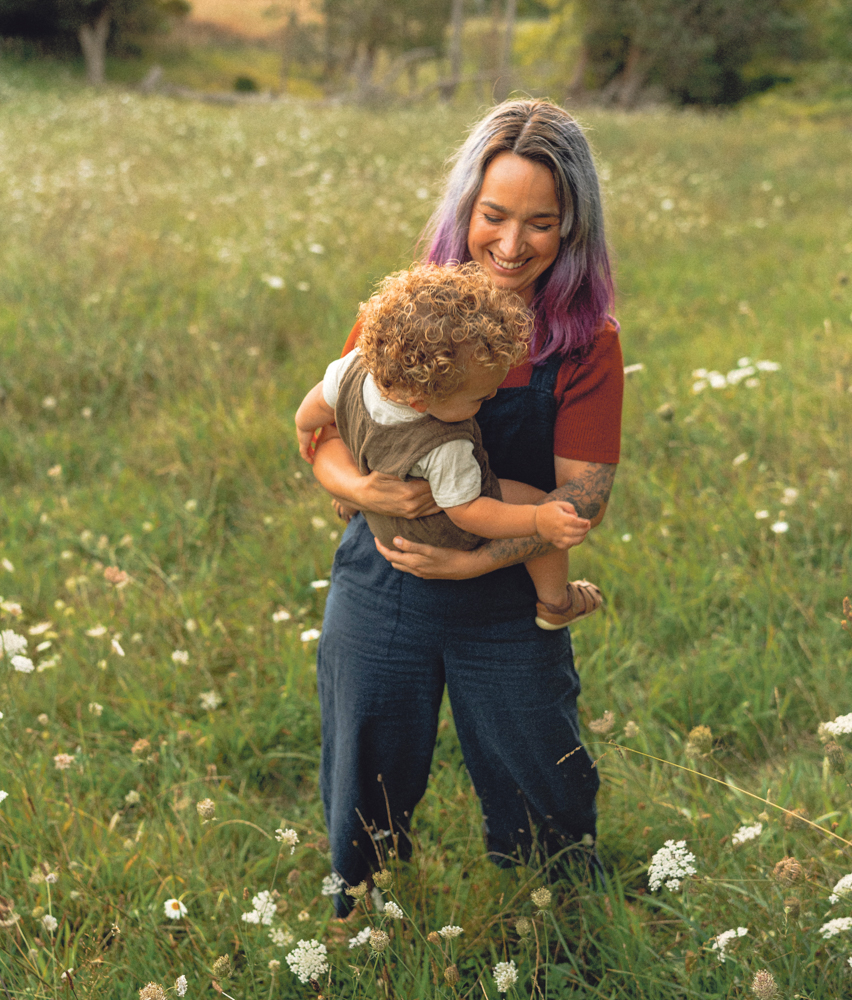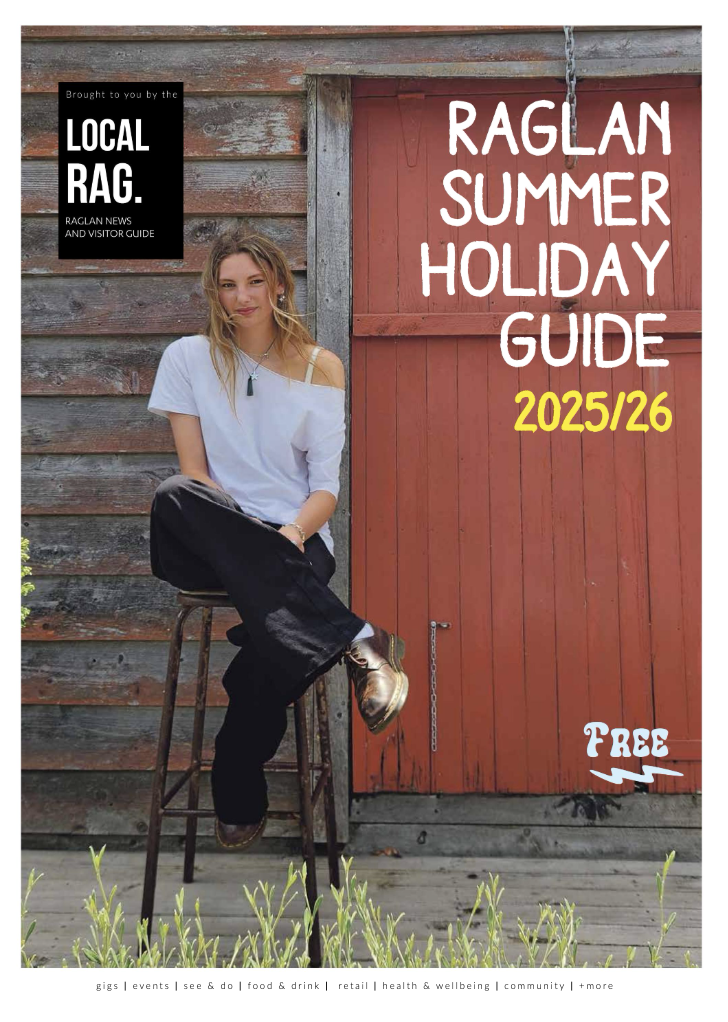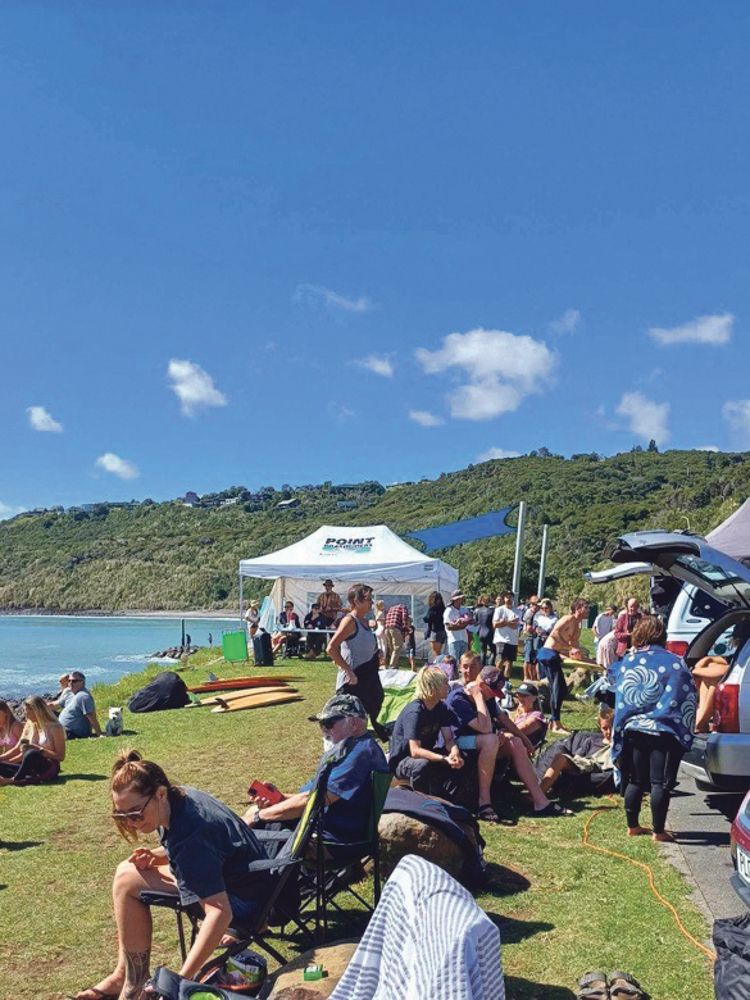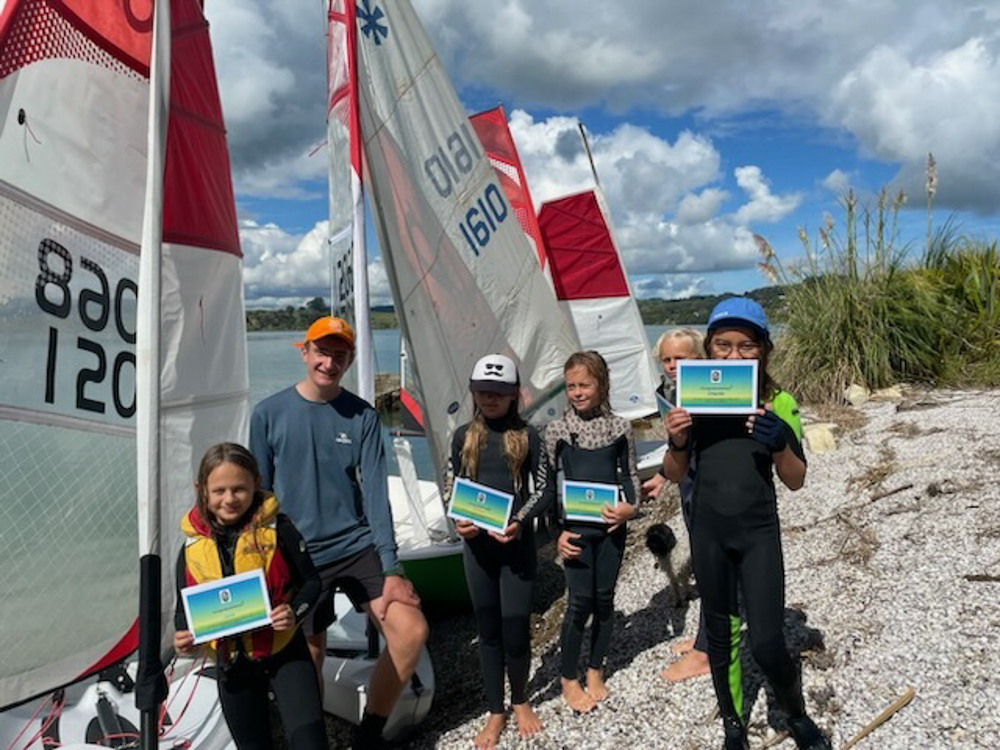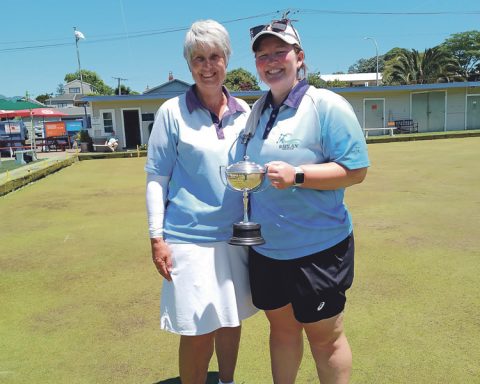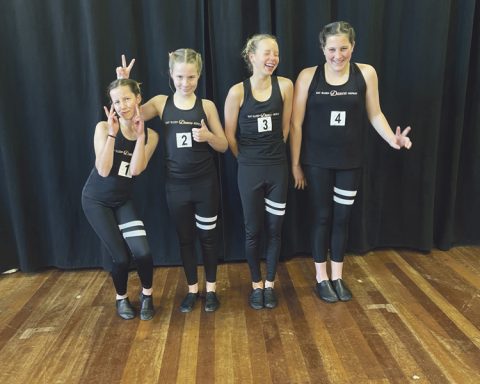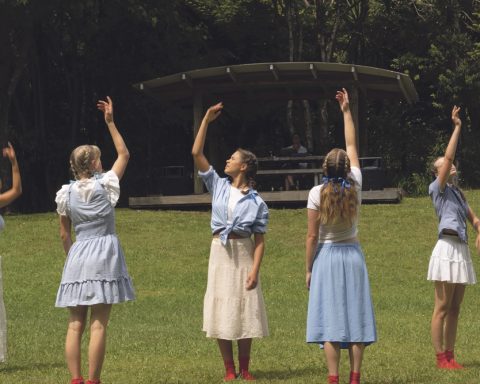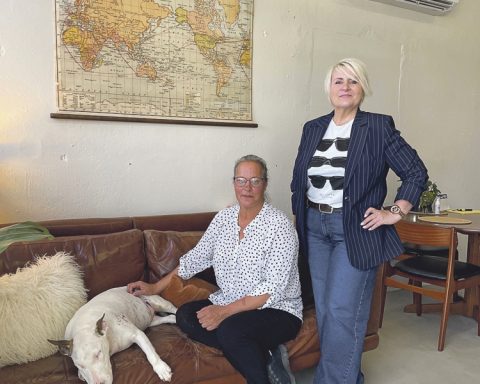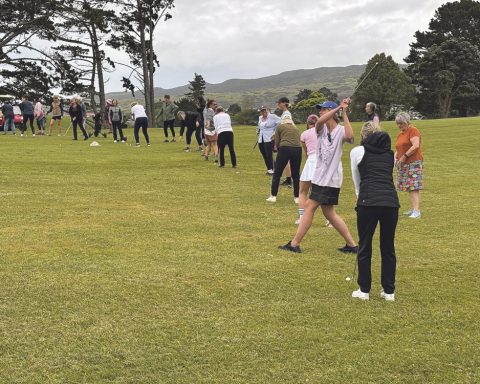Our small community in this stunning location can be a ‘high-vibe’ and an ‘enriching’ environment. As we all know, life can swing the occasional hard-ball, and many of us are acutely aware of family members, friends, and young people in our community who experience a rougher-ride than others.
I am aware you are both therapists working in our community with young people and their families. I would love to know the secret to your sticking power, in what we all respect is a very tough job.
Q: What is your secret to success?
Beth: I genuinely love my work; it’s both an honour and humbling to support others. I’ve learned that filling my own cup so it can overflow to support others is crucial. I’m continually noticing my body, taking moments to self-regulate, and remembering to find the joy in life’s little moments like kitchen dance parties, being in nature, singing in the car and connecting with friends.
Ziski: The main thing that helps me stay passionate about my work and well myself is connection. This includes really focussing on the connection and relationship with the person or family I am working with, in the moment, and not letting the ever-present admin list get in the way of really being there with them. I also really value the connections with friends, family, and the beautiful nature around Whāingaroa. Exploring the environment with my toddler, and seeing the world from his perspective helps me stay playful and let go of stress.
Q: You work independently but share a working space, who is the messy one?
Beth: Haha me! Ziski is very patient with the shared cupboard… no seriously, Ziski is so warm and respectful, and we both want the room to feel really welcoming to others.
Ziski: Beth is amazing to share a space with! She has made it so welcoming and beautiful that it feels sunny, even on stormy days. It is a lovely room that children and adults alike can feel comfortable in.
Q: What are your go-to tools for working with clients?
Ziski: I like working with clients to see what fits their way of seeing the world, and their values. Underpinning my work is a strong person-centered focus, so I prioritise the relationship, and then within that the client and I look at the menu of therapeutic techniques I offer to see what fits them best. For the last couple of years I have been training in Child-Centered Play Therapy, so I am integrating this approach with my younger clients. This approach is fast becoming my passion and I love how children use the therapeutic relationship to process experiences and try out new ways of being.
Beth: We always start with what the client is looking for and why they’ve reached out now. Over the last couple of years my work has focused more on managing anxiety and overcoming trauma. I work a lot with tamariki and whānau but also teens, university students and older adults. I’ve also been supporting organisations and schools with training so they can be more trauma-informed. Often my work will combine traditional talk therapy techniques with practices that help us get back in our body and release emotions – this might be yoga, movement, mindfulness, or creative practices.
Q: Teach us! What can we all do to meet the needs of the modern / future child?
Beth: Connection connection connection! We all need to know we belong, so finding ways to connect even if a child’s behaviour is challenging really helps them feel safe and secure. Playfulness and connection are almost impossible when we are triggered ourselves (which all of us are at times), so learning how to manage our own emotions is also one of the biggest things we can do for our children.
Ziski: Focus on the relationship with the child, whether they are part of your family, a child in your neighbourhood, or someone you are interacting with on a one-off basis. Really seeing a child and connecting with them in an empathetic and non-judgemental way can make such a difference.
Q: What are the biggest challenges for you as a therapist? What are your strategies for maintaining wellbeing?
Beth: It can be hard to support as many families as I’d like. So I’m offering more things like psycho-education workshops and parent support, to empower parents and educators with the information and tools they need to support tamariki and rangatahi.
Ziski: I also think seeing the significant systemic and historical trauma and stressors that families are dealing with can be really heart-wrenching. Over time, I have found that counselling can in itself be a strategy for well-being.
Q: What does our community need? How can we help you?
Ziski: There are some far-reaching issues like housing and food insecurity in our community. Being able to run free workshops or psycho-education sessions to support parents, as well as offer free or low-cost counselling sessions for children in need would mean that families are able to get support when they need it.
Beth: It’s important to be flexible and question what the best support might look like for different people. One of the biggest challenges we face is supporting families who are struggling financially. We have developed different support options in response to community needs and are hoping to access external funding so that we can integrate sliding scales and free or low cost child and parent support. We are also grateful for the support that comes through the use of a group space, or donated materials; it all helps us do the work we do.
If anyone wants to find out more, or support these awesome wāhine in their work:
W: https://mbbloom.com/
IG: @themindbodybloom
By Katie Lowes
